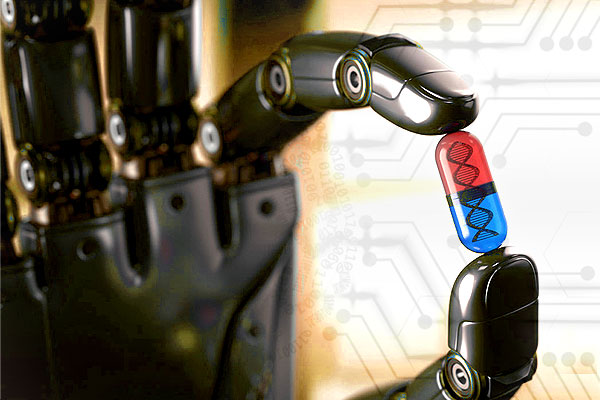Dr Praveen Baratam, Searchlight Health highlights how AI will redefine and transform the healthcare industry

Even though there has been a lot of hype about how Artificial Intelligence (AI) can impact healthcare, real and tangible impact on clinical outcomes has been negligible. From a technology perspective, while image processing, Natural Language Processing (NLP), speech analysis, etc. have improved by leaps and bounds in recent times, their impact on a physician’s workflow on a day to day basis has been insignificant.
As with any nascent space, one needs to look at use cases which can produce 10X value to the doctor so that it can become the foundation for further adoption.
To start with, AI can help make a difference in areas where there is an information overload in the hospital. For instance, modern Intensive Care Units (ICUs) have become extremely busy environments with loads of high-tech life support, gadgetry and monitors. This setting can be overwhelming even for trained medical professionals and comprehending changes in so many parameters while managing patients and all the equipment is a challenge in itself for the acute care team. Most of these monitoring devices raise alarms when set thresholds are breached and attract the attention of intensivists and the acute care team. But this threshold/alarm driven workflow has limitations when it comes to scaling up care.
On one hand, to identify adverse events early, these thresholds need to be tightly spaced but this can quickly lead to alarm fatigue due to even more false alarms. On the other hand, these thresholds do not adequately capture the emerging situation and many a time it is too late by the time these thresholds are breached. Here AI can not only reduce false alarm rate and help the acute care team stay focused but can also observe for long-mid-short term patterns and correlations between various parameters that can help predict many adverse events before they become apparent.
If we take this a step further, we can even extend monitoring beyond the ICU and decrease the time to detect adverse events and intervene in a hospital ward or home using wearables and AI assisted workflows. Traditionally, most wearables were useful for the fitness enthusiast, but the ability to detect changes in health conditions from commodity wearables can make it a really viable and meaningful tool for all kinds of chronic disease management and remote monitoring.
While the above mentioned use cases can be solved with small to medium data, as more data becomes available and as AI models evolve, it opens up broader possibilities to unearth and understand hitherto unknown disease processes behind many illnesses that baffle us to this date.
To conclude, it might be impossible to foresee the full impact of AI on healthcare but we can confidently say that AI will redefine and transform the healthcare industry as we know it.
- Advertisement -



Comments are closed.